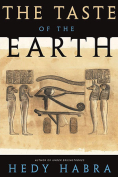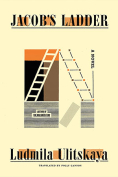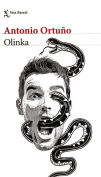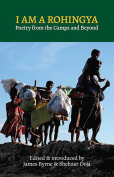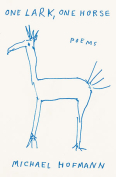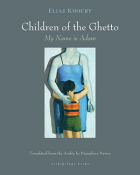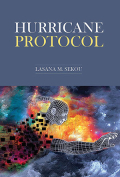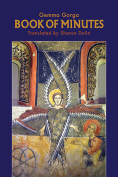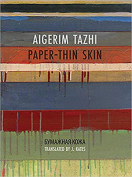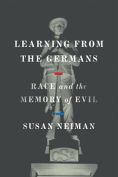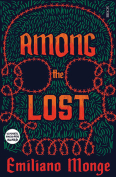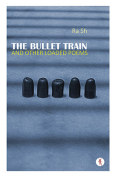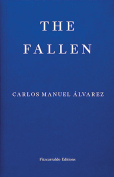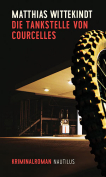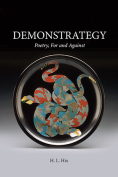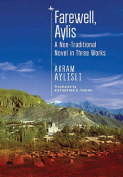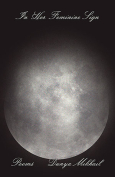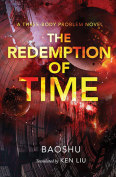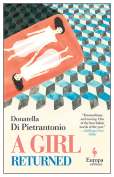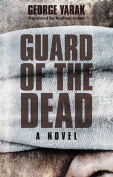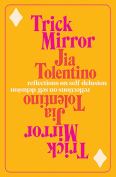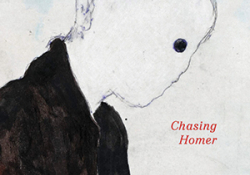Baron Wenckheim’s Homecoming by László Krasznahorkai
 New York. New Directions. 2019. 576 pages.
New York. New Directions. 2019. 576 pages.
It is revealing to consider why this book fails so spectacularly—especially given the sustained astonishment László Krasznahorkai’s previous novels evoke, notably Satantango and Seiobo There Below.
Satantango, Krasznahorkai’s 1987 debut, was an act of giddy, laconic defiance not only of literary convention but also wildly in the face of the politics of its day—critical of Soviet socialist culture from within, in a way never seen. The eponymous film by director Béla Tarr (seven and a half hours long), finally finished in 1994, towers above anything of the period. It’s not just a masterwork, it stands as a last great artifact of uniquely eastern European high culture, at a time of dizzying transition—relentlessly exploding tropes of the old system, yet wary of what is to come.
Seiobo There Below, completed just before the 2008 crash, is another milestone. In endless peregrinations, this work yet radiates a solid, finished, somehow poetic wholeness—retained in Ottilie Mulzet’s superb translation. A logical peak of Krasznahorkai’s trajectory, it is also justly celebrated.
In this light, Baron Wenckheim’s Homecoming, written originally in 2016, falls on the side of tedious; its prose falls about in self-precious fits and starts. It may admittedly be unfair to hold an author to the standards of his greatest achievements, and certainly there are passages here where the work shines. It’s impossible to sample this here, since the effect is cumulative, with sentences spanning pages. Some sections even break through to a sustained absurdity worthy of Beckett. Kraszhahorkai can be a master stylist; there are even startlingly wise lessons hiding in this work—yet the overall execution feels lazy, like a draft.
It’s probably also no fault of the translator that the work’s self-abnegating, often pedestrian tone and boring word choice works better in Hungarian. In English, so much of it just sounds like this: “oh, stammered out Feri, but the great commander would never hear of him again, because he was going to lead a quiet life, indeed even up until now he’d led a quiet life, never even hurting a fly, and he was speaking seriously now, throughout his whole life not even one little fly, and well, it was another matter altogether that his life had been difficult and full of many tragedies—well, no mind, said the great commander, and Feri clammed up, as he saw now that he didn’t want him to talk, the main thing was for there to be a good ending to this whole horror story, and that’s how it concluded . . .” And so on for hundreds of pages. As Hungarian culture continues to chart its own path, it’s possible this work’s faux political outrage as well as its prevaricating and smelly old-world charm remain relevant there. If so, that’s a sad metacommentary—but not sufficient reason for us to read it.
Some may suggest this book is a pinnacle of Krasznahorkai’s oevre. It is not. Why not take the time instead to read the author’s previous volumes, or something else important or beautiful? Finally, it is reflective of how much the ground may have shifted beneath our feet, that we may no longer have this much time to waste, sifting through muck looking for the gems.
Andrew Singer
Trafika Europe

